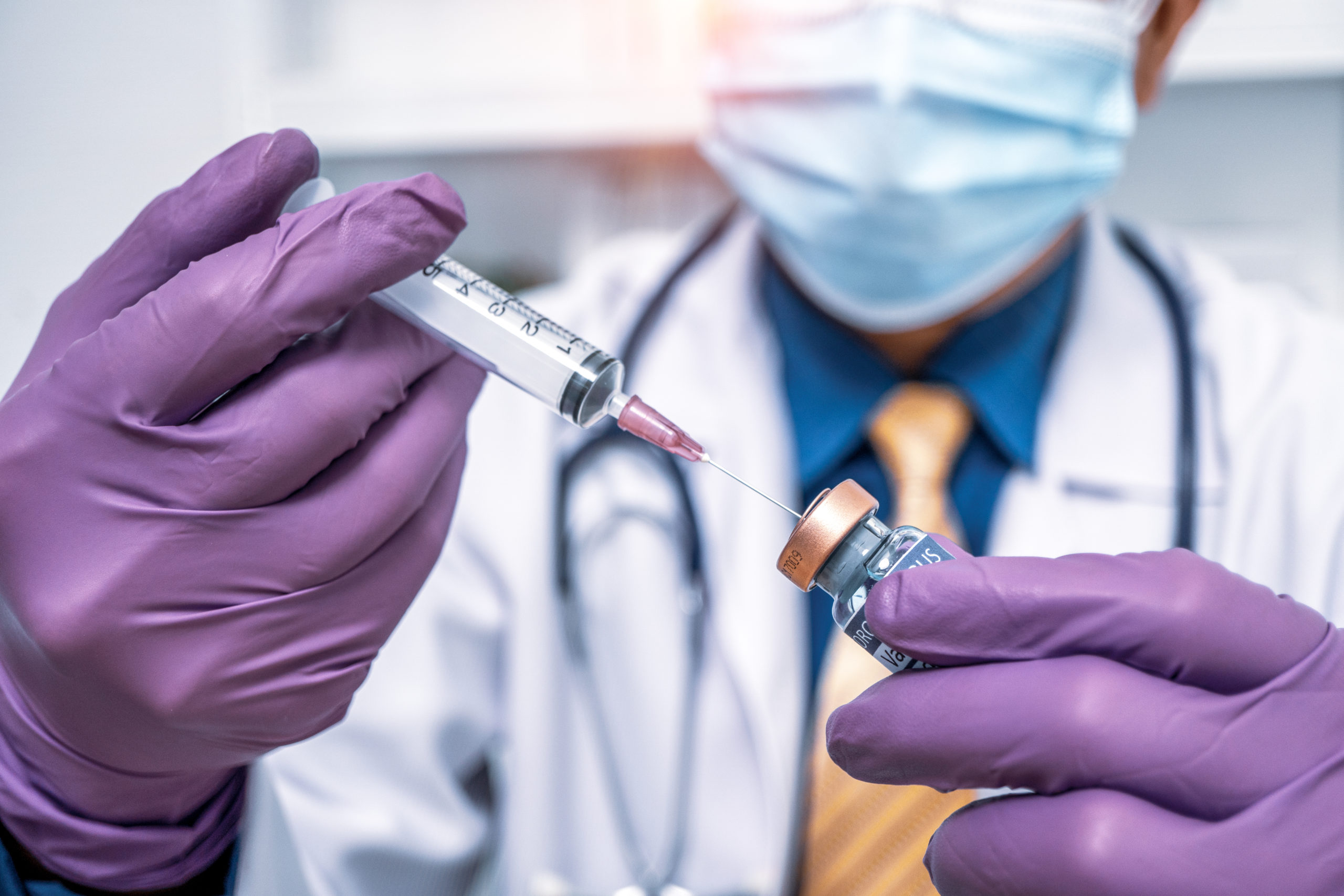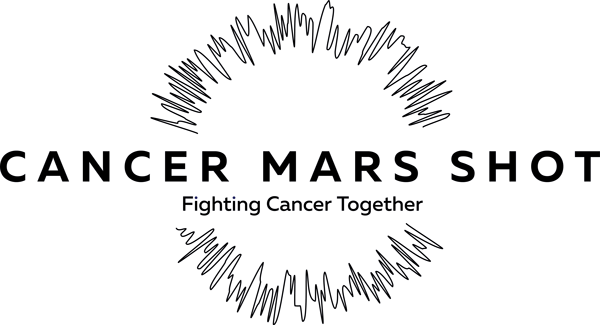Biospecimens in Personalized Medicine – from Promise to Reality

Biospecimens in personalized medicine are a cornerstone for its future development and establishment as a real-life clinical practice. And yet, the crucial role of biosamples and the process of their ethical collection are not well understood. As a biospecimen provider, we consider it part of our mission to educate and raise awareness on this topic.
Being strategically placed at the nexus of various audiences - scientists, the biopharma industry, medical doctors, and patients, gives us the unique opportunity to spread our message among these varying parties. To this end, in September, Audubon Bioscience launched a virtual interview series called "Experts Talk." Our goal is to bring together experts from different areas of personalized and biomedical research and biobanking and open the discussion about the current advancements and challenges in the field and the strategies to overcome them.
While preparing the series, we realized that in order to thoroughly explain the role and importance of biospecimens in biomedical research, we needed to take a step back and begin by introducing the bigger picture, personalized medicine. Therefore, in our first episodes, we've connected with experts from the field, getting their perspectives on the promise of this medical approach and their vision of turning it into a standard of care practice for everyone.
"In the past four years, over one-third of all drugs approved by the FDA have biomarker strategies in their labels. Ergo, they are personalized medicine. We see a movement away from the one-size-fits-all towards incorporating what the patient brings to the equation," Dr. Edward Abrahams, PMC.
Research milestones driving personalized medicine
While opinions on the main challenges and future perspectives might change, positions on personalized medicine's most significant accomplishments in the past decades are very consistent. Experts across countries and fields are certain that decoding the human genome opened the doors for personalized treatments. "That was a milestone in human history," said Dr. Edward Abrahams, President of Personalized Medicine Coalition (PMC) and the first guest in our series.
PMC is a US-based organization representing scientists, healthcare providers, and patients and advocating for better understanding and adoption of personalized treatments and raising awareness of their benefits to public health.
The decreasing prices of sequencing and multi-omics are another technological trend making precision medicine an achievable goal. The more affordable genetic and molecular profiling of patients and their tumors led to discovering many biomarkers, some of which have been successfully implemented in clinical practice. "In the past four years, over one-third of all drugs approved by the FDA have biomarker strategies in their labels. Ergo, they are personalized medicine. We see a movement away from the one-size-fits-all towards incorporating what the patient brings to the equation," adds Abrahams.
The impressive amounts of data generated by omics technologies open new analytical challenges and the need to develop and incorporate new sets of tools and skills. "With next-generation sequencing, we multiply the markers, which we investigate at the same time, and it is not possible anymore to make the analysis by hand. This is the point where bioinformatics comes in," says Prof. Balázs Győrffy, a group leader of the Cancer Biomarker Research Group and Head of the Bioinformatics Department at the Semmelweis University in Budapest, Hungary, also a guest speaker in our virtual series.

"Practice lags on what we can do to improve health. And this is particularly tragic in cancer, where we're dealing with life and death," Dr. Edward Abrahams, PMC.
Identifying the challenges is key to confronting them
While being recognized as the future of modern medicine, personalized therapies still face many challenges. According to Dr. Abrahams, they start as early as basic research: "The first challenge is getting the science right, and we should never take that lightly. Biology is very complicated. We depend on basic research."
Cost is another critical factor for the implementation of personalized diagnostics and treatments. On the bright side of this issue, personalized medicines are expected to reduce healthcare prices in the long run by decreasing expenses on non-working treatments.
Another major issue identified by experts is the ubiquitous lack of understanding of personalized medicine by the general public and, in some cases, by healthcare professionals. "The understanding of personalized medicine or precision medicine is uneven. It's uneven in most countries, and it's unevenly distributed around the world," says Abrahams.
Ultimately, all these challenges create a gap between the potential and the actual application of individualized treatments. "Practice lags on what we can do to improve health. And this is particularly tragic in cancer, where we're dealing with life and death," concludes Dr. Abrahams.
Overcoming those challenges and closing the gaps requires connecting the scientific, clinical, and regulatory sides of personalized medicine.
New disciplines to close the gaps
Alexander Rolland, Chief Scientist and Founding Member of Cancer Treatment and Options Management (CTOAM), has a vision on how to close these gaps: "Let the doctors do what they do. We need to create new disciplines. We need to create a bench to bedside precision oncology discipline that is taught in universities."
This is what the Canadian-based personalized cancer care service is doing. CTOAM's team ensures that every cancer patient from around the world receives the most personalized, effective, and non-invasive treatment by providing them with genetic testing and scientifically-supported data on the best available targeted therapy for them.
According to Rolland, such new disciplines are much needed to support the doctors, help close the gaps and make personalized treatment a reality. "It's really an admin problem in many cases. And I think that needs to be addressed. We need all these intermediate disciplines in between science and the treatment aspect." According to Prof. Győrffy, another critical gap exists between basic research and the drug development process: "Now the biomarker discovery just went ahead, and the pharma development is lagging behind. The reason is not the pharma companies, but the regulation which makes the development of new drugs very slow."
And also in this case, establishing new disciplines that specifically address the field's unmet needs is the way to move forward. "I think the most important thing is to speed up the clinical studies because they are extremely slow. This is now like a new discipline because it's getting so complex. (..) It's not possible anymore that there is a clinician who has the knowledge of how to make it. Everyone will need an expert for this," says Győrffy.

"We need to create new disciplines. We need to create a bench to bedside precision oncology discipline that is taught in universities," Alex Rolland, CTOAM.
Biospecimens are crucial for the bright future of personalized medicine
There is consensus among experts about the role of biospecimens in precision medicine development. They can be directly connected to the first challenge Dr. Abrahams listed - getting the science right. "Having the biobanks and biospecimens will expedite research and discovery. This ability to use biospecimens is generally critical to the future of medicine, but certainly to personalized medicine," says Abrahams.
For CTOAM's Chief Scientist, biospecimens also come at the core of successful scientific research: "Without having proper tumor samples, we wouldn't be anywhere, we wouldn't be able to do anything."
With the currently available and constantly improving technological advancements and with identified challenges and strategies on how to confront them, science and medicine are optimistically stepping into the next era.
"As we look into the future, I expect there'll be an accelerating change that will reshape how medicine is practiced and experienced mostly for the better. Better in terms of outcomes for patients and better in terms of efficiencies for the health systems that are smart enough to adopt personalized medicine and to invest in," concludes Abrahams.
We hope to give more clarity into the crucial connection between biospecimens and precision treatments with these opening sessions. Although challenges persist, recognizing them and engaging in novel strategies to confront them is an excellent first step into the next stage of medicine and biotechnology.
You can find the full interviews on our YouTube channel. Don't forget to subscribe to avoid missing the next episodes. For any questions you might have, please get in touch with us. We will be happy to help you!
Dr. Edward Abrahams, President of Personalized Medicine Coalition (PMC), Alexander Rolland, Co-founder, and Chief Scientist at Cancer Treatment and Options Management (CTOAM), and Prof. Balázs Győrffy, group leader at the Semmelweis University, Budapest, spoke to the Audubon Bioscience team during their "Experts Talk" online interviews.

